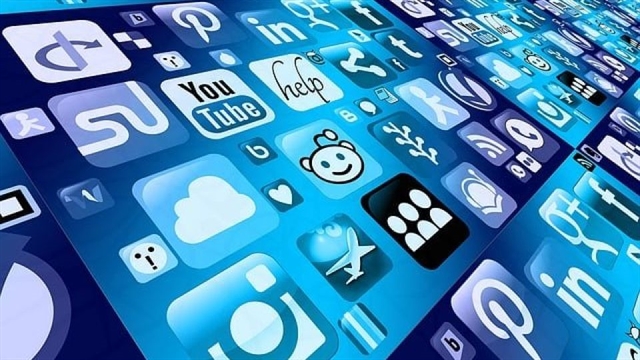 World
World


|
| Thematic image. Mental Health Director Imran Pambudi of the Health Ministry said the government might assess whether imposing such a ban was necessary, but said this would not happen overnight. PHOTO: PIXABAY |
JAKARTA – The Indonesian government says it might follow suit after Australia’s recent decision to ban social media use for children under 16.
Mental Health Director Imran Pambudi of the Health Ministry said the government might assess whether imposing such a ban was necessary, but said this would not happen overnight.
“It takes at least three years [before implementation],” he told a discussion on Friday, as quoted by Katadata.co.id, noting that parents were currently responsible for monitoring their children’s social media use.
Children’s mental health has become a focus in recent years.
In 2023, the Indonesia National Adolescent Mental Health Survey (I-NAMHS) found that 34.9 percent of the country’s teenagers, or around 15.5 million, had dealt with a mental health issue in the 12 months prior to the survey. It also found that anxiety was the most commonly experienced issue among the respondents.
Meanwhile, only 2.6 percent of those teens with mental health problems had accessed counseling services or support groups in the 12 months leading up to the study. And of these, 38.2 percent said they received support through their schools, such as teachers or school counselors.
I-NAMHS is a joint study conducted by Gadjah Mada University (UGM) in Yogyakarta, the University of Queensland in Australia and the John Hopkins Bloomberg School of Public Health in the United States.
Siswanto Agus Wilopo, a public health professor at UGM who participated in the study, said children today faced greater challenges than previous generations. He also pointed out that external factors posed greater risks for children through digital devices and the internet, such as cyberbullying and negative content on social media.
“The difference between my generation and our children today is that we grew up without much supervision from parents. External risks were much smaller back then,” Siswanto said.
Last week, the Australian government approved a social media ban for children under 16 years old after a nationwide debate. In doing so, it set a benchmark for jurisdictions around the world with one of the toughest regulations targeting Big Tech
The Social Media Minimum Age Bill, also known as the Online Safety Amendment, forces tech giants, including Instagram and Facebook owner Meta and TikTok, to prevent access to minors or face fines of up to A$49.5 million (US$32 million). The ban is absolute and has met with pushback from tech giants.
Canberra aims to start trialing enforcement methods in January, with the ban to take effect from late 2025.
The bill sets up Australia as a test case for a growing number of governments that have legislated or indicated a plan to legislate a social media age restriction amid concerns about the technology’s impact on the mental health of young people.
The country was also the world’s first to make social media platforms pay royalties to media outlets for sharing their content, and is now planning to impose fines on platforms that fail to stamp out scams.
The European Union, the United Kingdom and some states in the United States have passed laws to restrict social media access for minors without parental permission. A full ban for children under 14 in the US state of Florida is being challenged in court on free speech grounds. THE JAKARTA POST/ANN




